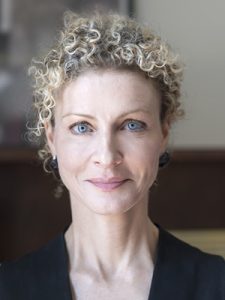Alicia Ely Yamin is a senior scholar at the Global Health Education and Learning Incubator at Harvard University.
In collaboration with the United Nations Secretary-General’s Independent Accountability Panel for Every Woman, Every Child, Every Adolescent (IAP) she explains in this video what accountability means and how it applies in global health and development and in particular, how IAP has approached the concept of accountability in the Sustainable Development Goals. Watch video here.
The video demonstrates that accountability in global health is not as straightforward a concept as it first may seem, as accountability raises the question of WHO is accountable for WHAT to WHOM? This question then has a national, international, and global level, and includes both social, political, legal and commercial determinants. Thus, accountability in global health is a very complex tapestry of relationships and obligations and actors. In tackling the issue of accountability, the IAP focuses not on all of these relationships, but on the actions necessary to promote accountability throughout this tapestry.
In the video Alicia discusses questions such as what actions are necessary for accountability and why they matter, how global and country accountability relate to each other, why monitoring and independent review is important, what remedies exist, what role the public and private sector plays, why we need to strengthen institutions – and finally: what we can learn from the IAP about accountability in global health from the IAP.
Alicia demonstrates the IAP’s role as one that can be thought of as a monitor of the monitors that follow data in women’s, children’s and adolescents’ health in the Every Woman, Every Child, Every Adolescent ecosystem – with the main purpose of always providing accountability to those to whom promises have been made:
To leave no one behind.

